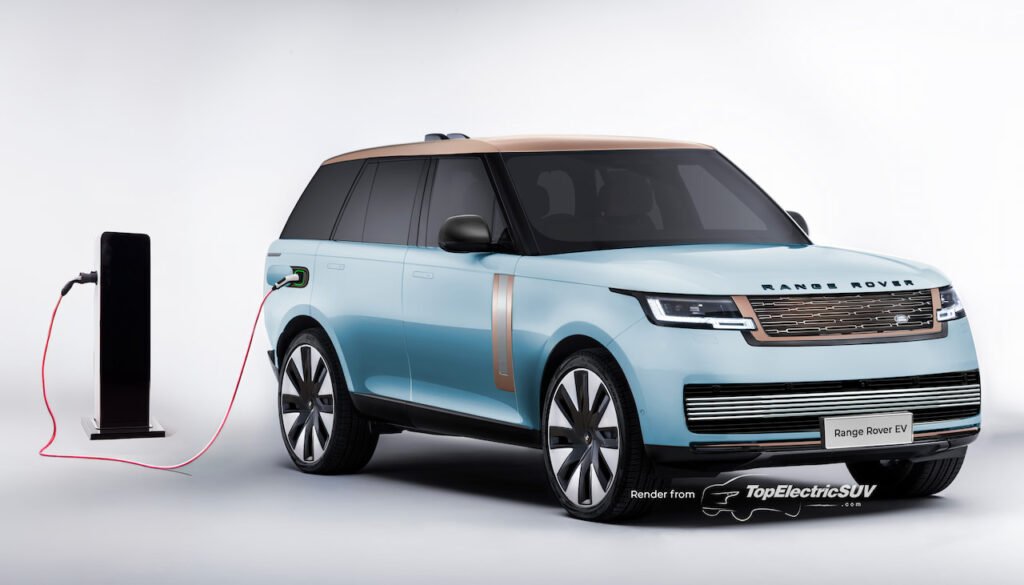The UK government has announced a strategic adjustment to its electric vehicle (EV) sales targets, aiming to provide relief to the domestic automotive industry grappling with newly imposed US trade tariffs.
While the 2030 ban on new petrol and diesel car sales remains in place, manufacturers will now benefit from increased flexibility in meeting annual EV targets and face reduced financial penalties.
Transport Secretary Heidi Alexander, speaking on BBC Breakfast, acknowledged that these changes are not a “silver bullet” but rather a component of a comprehensive response to the challenging trade environment created by US tariffs.
UK opposition parties, however, have expressed concerns that the government’s measures fall short of adequately supporting the car industry. The situation stems from US President Donald Trump’s implementation of a 25% levy on UK car imports, a significant export market for the UK, coupled with a separate 10% tariff on nearly all UK products.
Following the conclusion of a consultation on EV target adjustments in mid-February, the government expedited the implementation of these changes in direct response to the escalating tariff situation, as confirmed by Alexander.
The government stated that it collaborated with UK car manufacturers to “strengthen its commitment to the phase out” of petrol and diesel vehicles, while simultaneously introducing “practical reforms to support industry meet this ambition.”
The revised policy allows manufacturers greater flexibility in fulfilling their annual EV sales targets. For instance, if a manufacturer fails to meet its target in one year, it can compensate by exceeding the target in subsequent years. Additionally, the fine for non-compliance with emissions standards has been reduced from £15,000 to £12,000 per vehicle.
The government has also confirmed the 2035 ban on hybrid vehicle sales and announced that smaller British firms, such as Aston Martin and McLaren, will be granted exemptions to continue selling petrol cars beyond the 2030 deadline. Furthermore, the car industry will receive £2.3 billion in tax breaks as part of these adjustments.
Industry skepticism and political reactions
Despite the government’s efforts, industry leaders and opposition parties have voiced skepticism regarding the effectiveness of these measures. Robert Forrester, CEO of Vertu Motors, criticized the announcement as “lots and lots of words” that “doesn’t really address the major issues,” emphasizing that manufacturers will still face substantial fines. “Nothing has really changed here – this is just tinkering,” he said, adding: “The government has gone for hope over reality.”
Shadow business secretary Andrew Griffith labeled the measures “half baked” and reiterated Conservative leader Kemi Badenoch’s assertion that “net zero by 2050 is impossible.” Liberal Democrat transport spokesperson called for “better incentives” for consumers to buy electric vehicles, arguing that the changes “won’t be enough to protect the sector from the impact of Trump’s damaging tariffs.”
The US remains the UK’s second-largest car export market, following the European Union.
In response to the new trading terms, Coventry-based manufacturer Jaguar Land Rover announced its decision to “pause” all shipments to the US in April.
A separate 10% tariff on UK imports took effect recently, with higher rates applied to other major economies.

